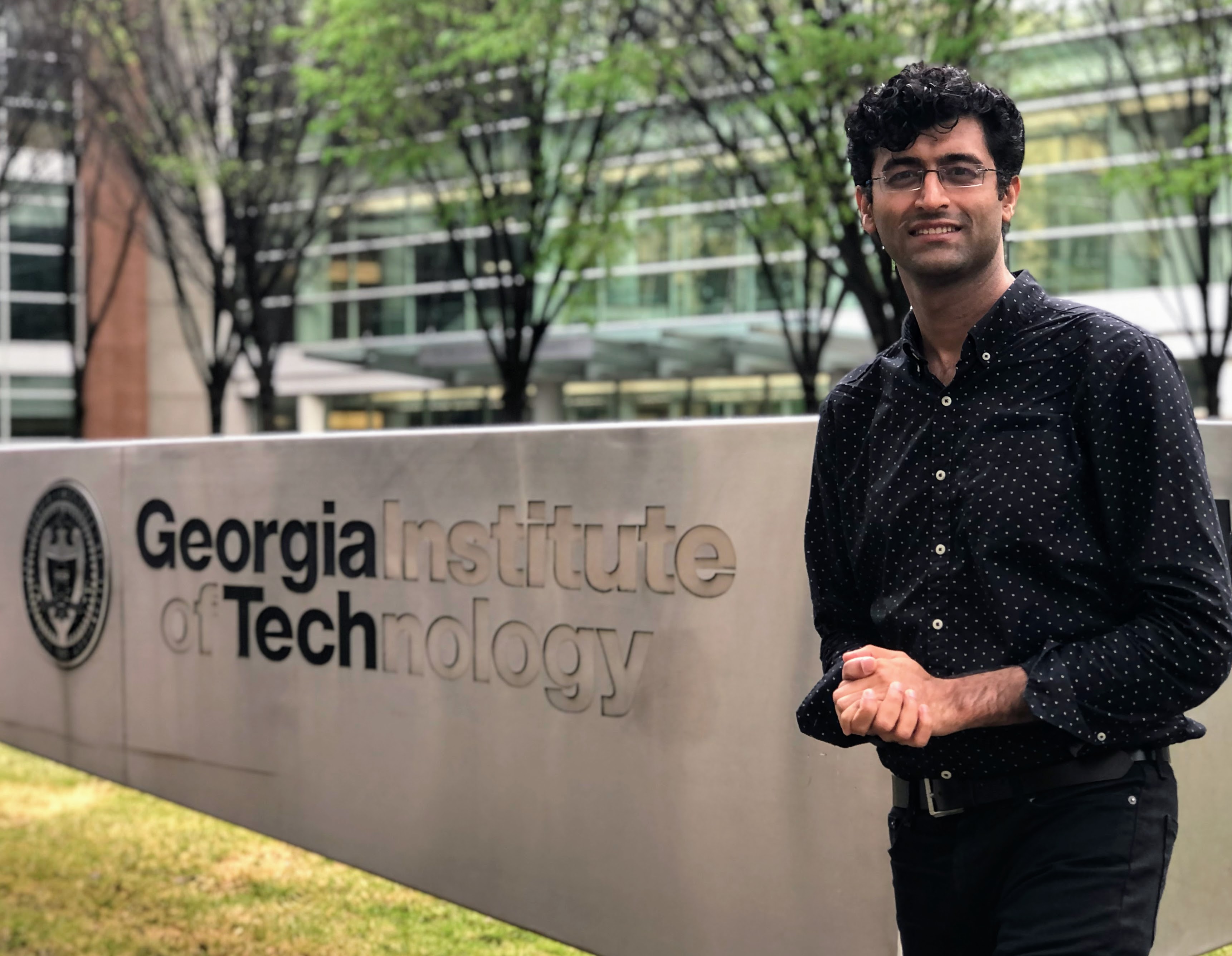Jason Borenstein, Ph.D., is the Director of Graduate Research Ethics Programs and Associate Director of the Center for Ethics and Technology. His appointment is divided between the School of Public Policy and the Office of Graduate Studies. He is also Affiliated Faculty at the Institute of Robotics and Intelligent Machines (IRIM). Dr. Borenstein is an associate editor of the journal Science and Engineering Ethics, a Founding Editor of the journal AI and Ethics, co-editor of the Stanford Encyclopedia of Philosophy’s Ethics and Information Technology section, and an editorial board member of the journal Accountability in Research. He is also Editor for Research Ethics for the National Academy of Engineering's Online Ethics Center for Engineering and Science. He was the Founder and formerly Editor-in-Chief of the Journal of Philosophy, Science & Law. Dr. Borenstein’s research interests include bioethics, engineering ethics, robot ethics, and research ethics.
He is currently a Co-Principal Investigator (Co-PI) on a five-year project funded by the National Science Foundation (NSF) entitled "Institutional Transformation: The Role of Service Learning and Community Engagement on the Ethical Development of STEM Students and Campus Culture". He is a Co-PI on the NSF-funded “Fairness, Ethics, Accountability, and Transparency (FEAT) in Computer and Information Science and Engineering Workshop” that took place August 29 and 30, 2019 on Georgia Tech's campus. He is also a Co-PI on the NSF-funded project “Do the Right Thing: Competing Ethical Frameworks Mediated by Moral Emotions in Human-robot Interaction" and on the NSF-funded project "EAGER: Pilot Study on Bias and Trust in AI Systems". In addition, he is a Co-PI on the Mozilla Responsible Computer Science Challenge funded project “Cultivating an Ethics-Inclusive Mindset Through Role Play in Undergraduate Computer Science Courses”. His work has appeared in numerous professional journals including AI & Society, Communications of the ACM, Science and Engineering Ethics, Ethics and Information Technology, IEEE Transactions on Technology and Society, IEEE Technology & Society Magazine, Accountability in Research, and the Columbia Science and Technology Law Review.
Dr. Borenstein’s teaching and research interests include robot & artificial intelligence ethics, engineering ethics, research ethics/RCR, and bioethics.










